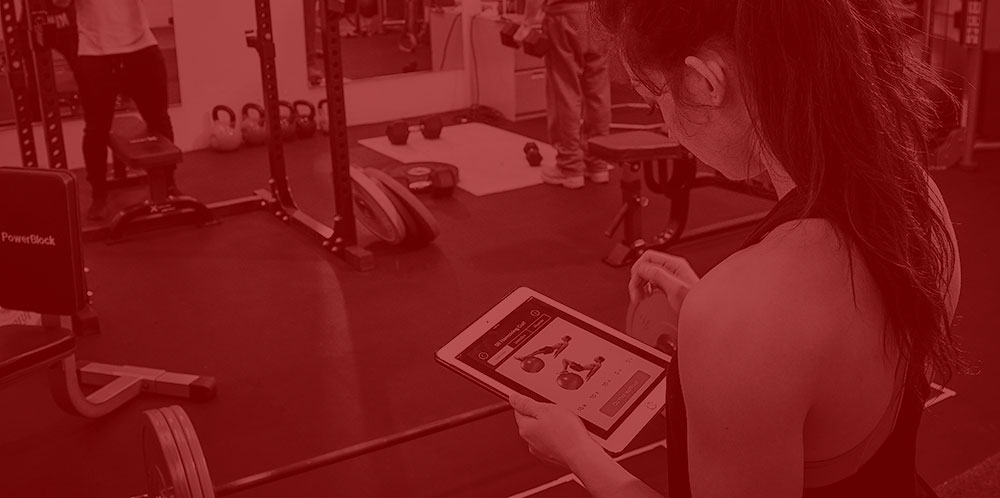Always Count Tempo: Build More Strength & Muscle By Controlling Lifting Speed
There’s a strange paradox in program design: One of the most important variables is unknown or incompletely understood. Tempo, or the speed with which you perform the different components of an exercise, plays a huge role in training outcome. If you ignore it, your gains will be mediocre and you put yourself at risk of injury, whereas mastering tempo prescriptions, along with the other variables of program design, will get you fantastic results. This article will give you a quick overview of tempo and provide four reasons to incorporate
Eccentric Training = Better Results, Less Work
Most people like the idea of getting better results with less work. Eccentric training is one way to do this. Research show that focusing on the eccentric, or lengthening, phase of a lift will produce superior hypertrophy, strength, and power—if you program properly. To ensure everyone is on the same page, here are definitions related to the phase of muscle contractions: The eccentric phase of a lift occurs when a muscle lengthens. This is the down motion of the bench press, biceps curl, or squat. The concentric phase of
The Dangers of Chronic Dieting for Female Athletes
When it comes to sports nutrition, most athletes pride themselves on eating in a way that optimizes performance. They are committed to spending time, money, and effort to get the highest quality pre- and post-workout nutrition. Despite this commitment to fueling for performance, women and girls are at substantial risk of underfueling. Research shows that many female athletes are involved in a cycle of chronic dieting that leads to low nutrient intake and impaired physical and mental performance. Surveys suggest that a staggering 2/3 of collegiate female athletes are
Why Can’t I Lose Weight Despite Exercising?
Conventional advice tells you to exercise if you want to lose weight. Repeated studies and real-life experience show this is often not the case, leading many disappointed exercisers to ask “Why can’t I lose weight even though I’m exercising?” This is a complicated question because there are a lot of different moving pieces to weight loss. First, it's helpful to identify how the body loses weight. For weight loss, it's necessary to have a calorie deficit that is sustained over time so that you are taking in fewer calories







